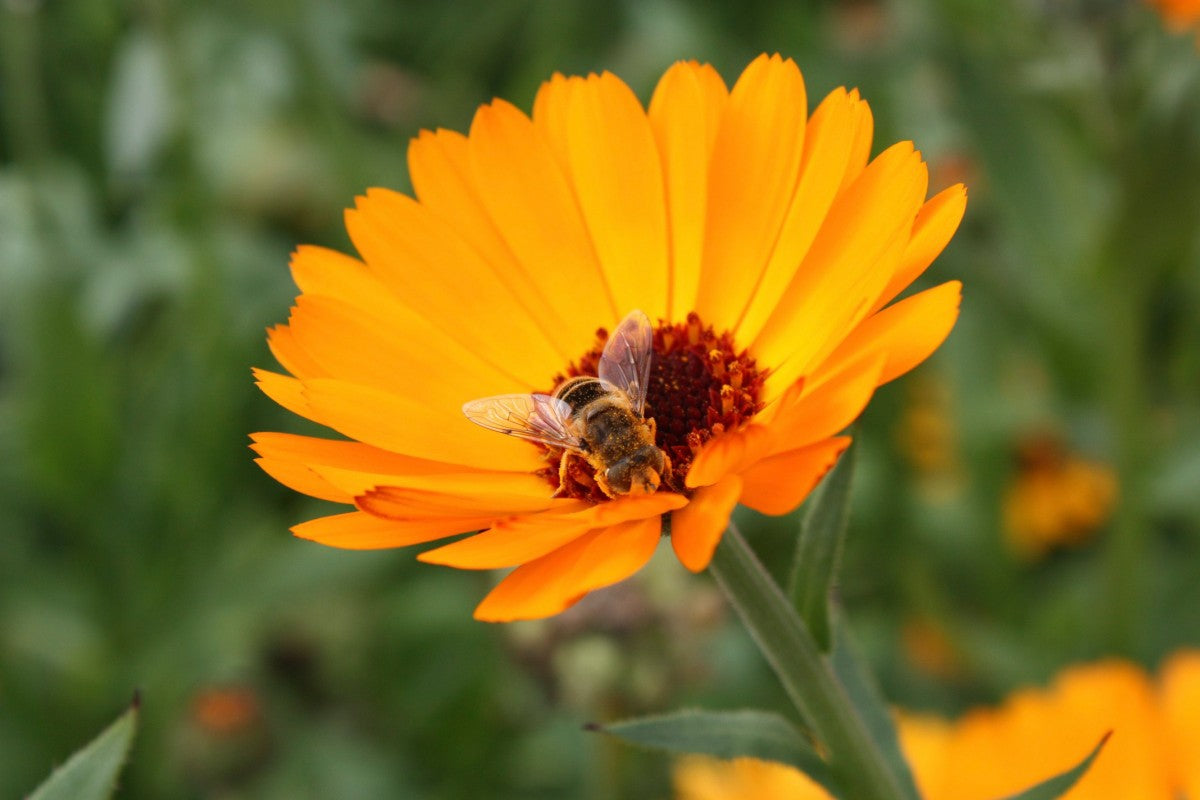Herbs have been used for centuries to help treat skin problems, improve skin quality and enhance the skin’s appearance. Give your skin a kick-start by growing your own.
Whether you enjoy cooking with them, using them as a skin remedy, or simply enjoy how pretty they look, herbs are among the most useful plants you can grow at home. Even if you don’t have a garden, adding a few herbs to your windowsill is a simple way to boost your daily nutrition, and you can pick them as you need them so they are super fresh. Here are a few you can grow to get your herb garden started.
Basil
If you’re a lover of Italian food, you’ll already be familiar with this flavoursome herb, which is frequently used in pizzas and pasta sauces. What you may not know is that basil is a source of antioxidants, which protect the skin from free radical damage. If you’re growing it indoors, basil thrives in well-drained soil, positioned in a sunny window, or in a larger garden it’s recommended that you plant it alongside your tomatoes.
Sage
Sage is known for its anti-inflammatory properties, as well as containing antioxidant compounds, making it the ideal herb to promote healthy skin. Traditionally used for seasoning meat, it has a strong flavour that’s impossible to mistake. Sage is an easy herb to grow and simple to care for – it does well in pots, as it likes well-drained soil.
Parsley
Most people think of parsley as simply being a garnish, but in fact it’s great for balancing out strong flavours in cooking, especially in stews and casseroles. Parsley is also a great source of vitamin A, an essential nutrient that supports healthy skin. It’s an evergreen, which means it’s pretty low maintenance and easy to grow at home, although it can get quite large and bushy.
Chamomile
Chamomile has been celebrated for its medicinal properties for hundreds of years and is one of the world’s most consumed herbal teas. It boasts anti-inflammatory and antioxidant properties to help soothe the skin, reducing redness and blemishes. Chamomile grows best in cool conditions and should ideally be planted in a relatively shady spot.
Oregano
If you suffer from psoriasis, acne or eczema, you may have already heard about the anti-inflammatory properties of oregano oil. It’s also known as an effective natural anti-fungal ingredient. Oregano is an easy to care for herb that can be grown both indoors or outside, and it makes a great companion plant for garden vegetables as it repels insects.
While herbs are readily available in most shops, there’s nothing quite like growing your own. Wherever you’re growing them, the golden rules for healthy herbs are: water them regularly, make sure they are able to drain, space them out so they can breathe and remember to prune them frequently.






